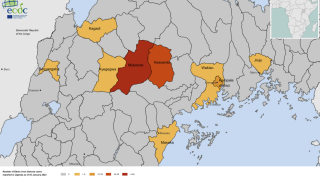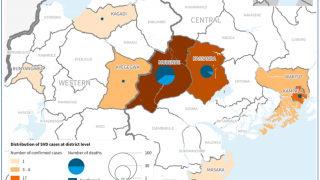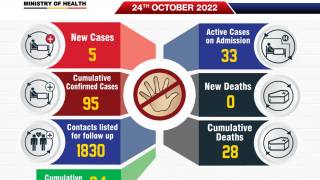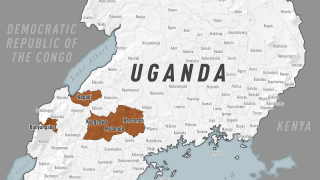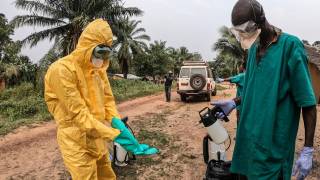With Ebola's Return, Are We Back to Square One
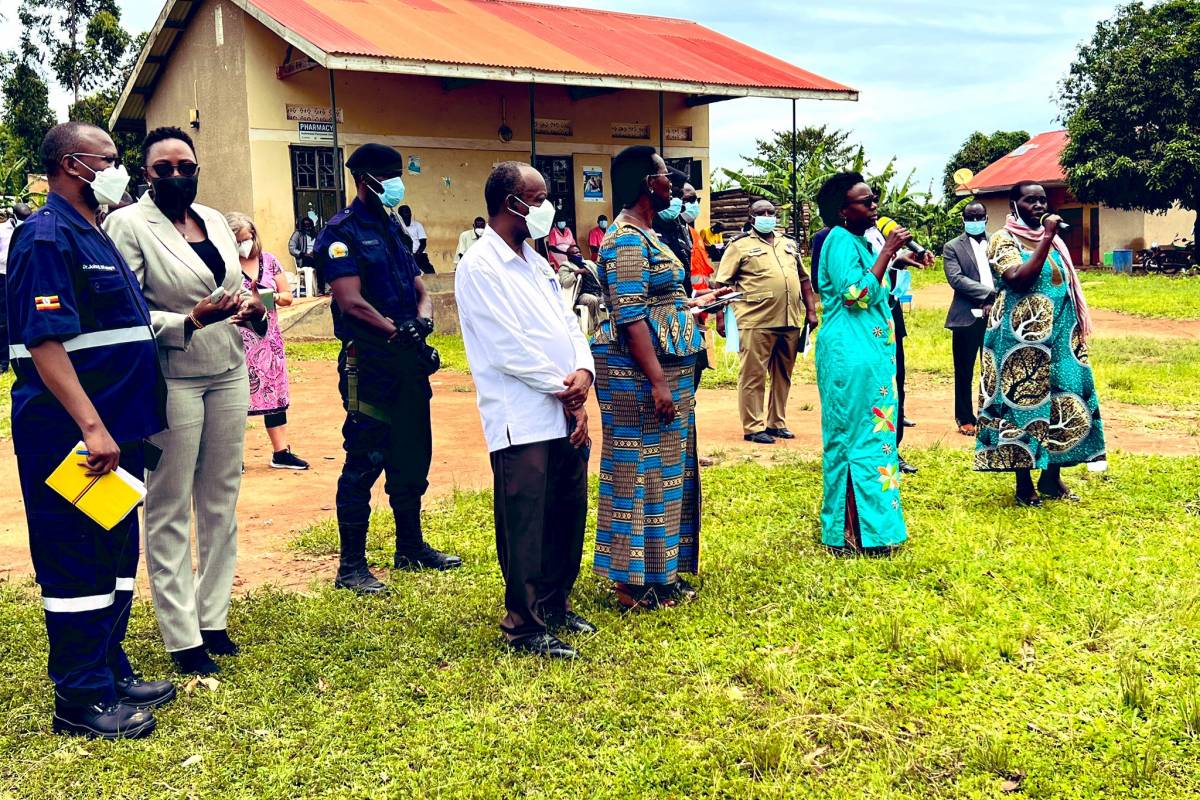
While the world is still dealing with the COVID-19 pandemic and monkeypox virus outbreaks, an old disease has reappeared in Africa, recently wrote The Lancet Infectious Diseases.
On September 20, 2022, Uganda reported its first case of Sudan Ebolavirus disease since 2012.
Since then, Uganda's Ministry of Health reported on Twitter about 24 people have died (fatality rate of 65%) during this outbreak.
There is fear that if the Ebola virus reaches a densely populated area or infects travelers going to other countries, controlling the outbreak will become extremely difficult.
Various African countries have started screening travelers crossing their borders with Uganda for Ebola virus symptoms.
The U.S. also started screening air passengers entering the country who had recently been in Uganda.
While other Ebola virus disease outbreaks have occurred recently, the current Ugandan outbreak is particularly concerning because the Sudan strain of Ebolavirus causes it.
In contrast, the Zaire strain has caused all recent outbreaks. Zaire Ebolavirus is roughly 40% different genetically from Sudan.
This difference has significant implications for prevention and therapy because all vaccines or therapeutic options developed so far only work for the Zaire strain.
For example, Merck's Ervebo® vaccine and J&J's Ebola Vaccine Regimen Zabdeno and Mvabea are approved for Zaire but not Sudan.
Most of the progress in terms of vaccine and drug development for the Ebola virus disease stemmed from the west African outbreak in 2013–2016.
That outbreak has been a watershed in terms of attention and investment toward diagnostic tools, therapeutic options, and practical management guidelines.
Since then, Ebola vaccines, drugs, and made significant improvements in patient management, such as the development of the 'Ebola Cube,' a biosecure emergency treatment unit that allows healthcare workers to care for patients without risk of infection.
In Uganda, there is concern about protecting healthcare workers.
Four of them have died so far, and in the absence of an effective vaccine and a shortage of adequate protective personal equipment, the risk for healthcare workers looking after patients cannot be downplayed.
It will be essential that the international community supports Uganda in deploying all available measures to control the outbreak, concluded this editorial.
Other Ebola outbreak news is posted at Vax-Before-Travel.com/Ebola.
Note: This editorial was manually translated and curated for mobile readership.
Our Trust Standards: Medical Advisory Committee
